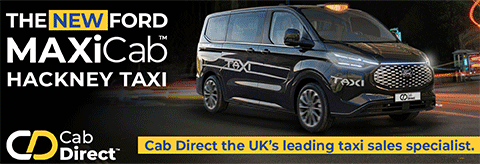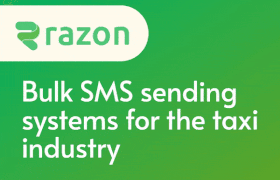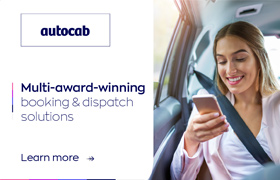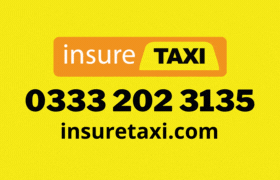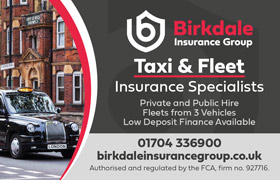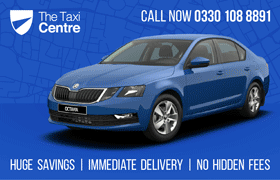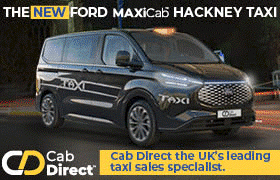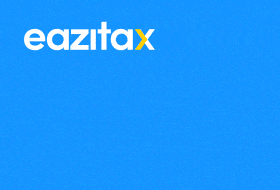EAST DEVON TAXI FARE OVERHAUL HITS THE BRAKES AMIDST DRIVER APATHY
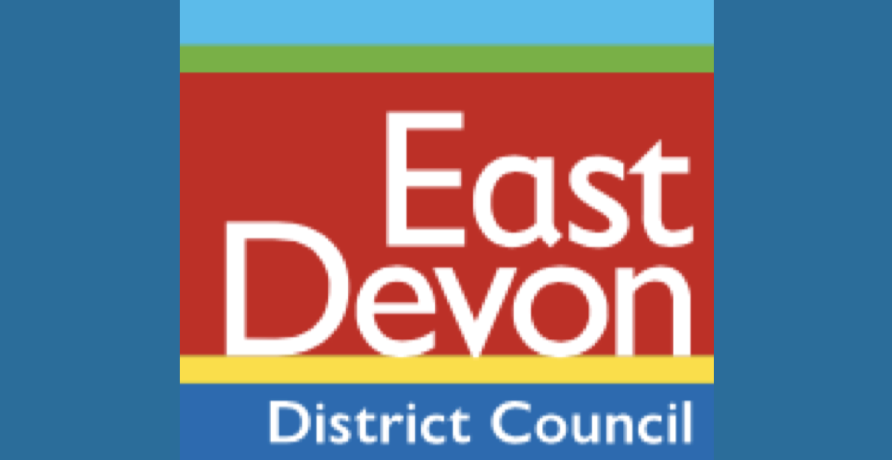
Plans to introduce a more precise method for calculating maximum taxi fares in East Devon have been stalled due to a dismal response rate from local hackney carriage drivers.
Only six out of 135 licensed drivers participated in a district council survey designed to gather crucial data for future fare adjustments. This poor engagement means the council will revert to its existing, less accurate methodology for setting potential 2025 maximum fare levels, relying on inflation and comparisons with other councils.
The council had hoped to adopt the "Guildford method," a data-driven approach designed to ensure fare changes more accurately reflect the realities faced by taxi drivers. However, without sufficient input from the trade, this move has been put on hold.
"It's slightly ironic because over time we have been trying to make our methodology as accurate, useful and helpful for the trade as possible, but the trade hasn't responded," commented Cllr Joe Whibley, chair of the council’s licensing and enforcement committee.
"So, what we’re [essentially] doing is making it even simpler than before and less accurate and less meeting the needs of drivers, but that’s where we are."
Anecdotal evidence suggests some drivers felt last year's 10 per cent fare increase was sufficient, despite the East Devon Taxi Association having sought a 15 per cent rise.
Other concerns included potential misuse of the data – though the council stressed it would only be for fare setting – and the costs and time associated with recalibrating meters for new maximum fares.
According to PHTM, East Devon's taxi fares already rank among the highest in the country, placing 31st out of 341 local authorities. The current two-mile fare on tariff one in East Devon stands at £8.69, significantly higher than the national average of £7.30.
Cllr Olly Davey underscored the importance of reliable information, stating: "With accurate data it should come out with a really good formula, but I don't think we should do it with poor quality data."
Despite the setback, the council has vowed a "concerted effort" to gather more data from drivers over the next year, with the aim of reconsidering the Guildford method for future fare reviews.
Proposed maximum fares and charges for 2025 will be brought back to the committee later this year and will be subject to a 14-day public consultation.
It's important to note that even if new maximum fares are set, drivers are not obligated to charge them and can opt to charge less.
Read another story
- BASINGSTOKE EXPLORES CCTV IN TAXIS AMID SAFETY CONCERNS
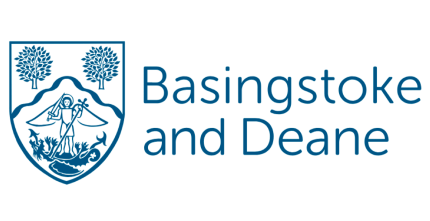
The decision comes after mounting concerns within the taxi community regarding abuse directed at drivers, alongside demands from passengers for increased reassurance during their journeys.

- SWANSEA CONSIDERS MANDATING CARD MACHINES FOR TAXIS AMID CASHLESS SHIFT
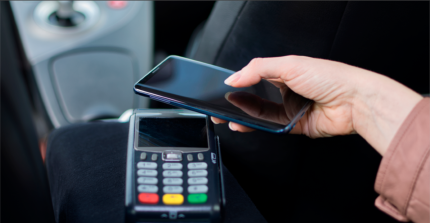
The initiative comes in response to growing public concerns that passengers are being left stranded if they don't have physical money, expecting to pay with modern options such as contactless cards or smartphone apps.

- HUNTINGDONSHIRE CABS UNDER SCRUTINY DRIVERS LOSE LICENCES AMID COMPLAINTS AND DEFECTS
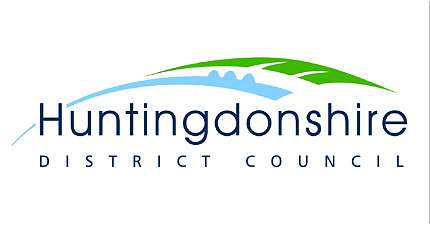
Three taxi drivers in Huntingdonshire have had their licences revoked in recent months, with more than 20 vehicle licences also suspended.

- LONDON'S GREEN CAB DREAM HITS A SNAG AS MANY DRIVERS SHUN EV CHARGING TO RUN ON PETROL
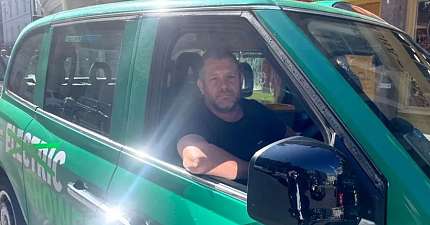
A significant number of drivers are finding the economic and logistical realities of public charging untenable.

- WOLVERHAMPTON COUNCIL FIRST TO USE CONTACTLESS TECHNOLOGY FOR TAXI/PH DRIVER LICENCE CHECKS
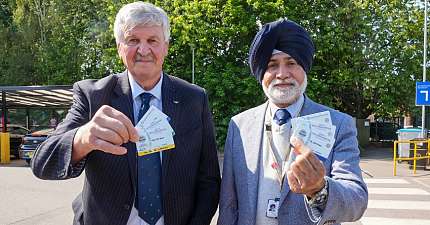
Contactless technology has been introduced into driver’s ID cards, meaning passengers can view a digital version of their driver’s private hire or taxi driver licence simply by tapping the card.

- GENEROUS LANCASTER CABBIE OFFERS FREE RIDES ON FINAL DAY BEFORE RETIREMENT
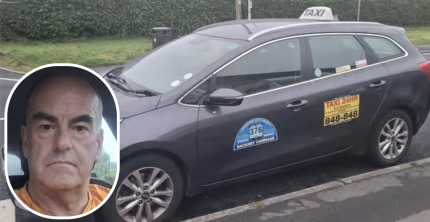
Anthony Wilson, who has served the community for over two decades with 848848 taxis, hung up his keys for the last time on Friday, May 30.

- CHICHESTER TAXI DRIVERS FACE ANOTHER FEE HIKE AS COUNCIL SEEKS TO BALANCE BOOKS
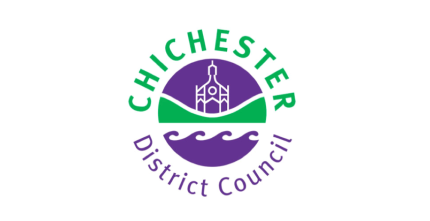
he move comes after a forecasted shortfall of £23,700 in the council's hackney carriage and private hire vehicle licensing budget.

- ALLEGED MID WALES FARE DODGER SKIPS COURT APPEARANCE
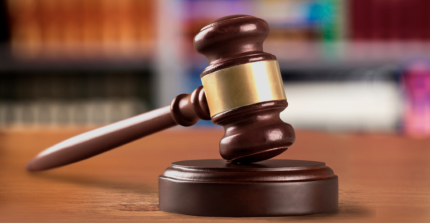
A man accused of failing to pay a nearly £100 taxi fare for a journey across Mid Wales did not appear in court on Tuesday 3 June, prompting magistrates to issue an arrest warrant.

- SHEFFIELD TAXI DRIVERS HAIL VICTORY AS EMR DROPS PERMIT CUTS AMID GRIDLOCK ROW
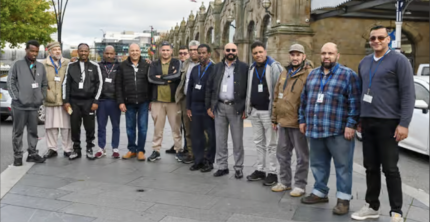
The decision marks a victory for cabbies who had been vocal in their opposition, even resorting to a payment strike last year.

- WARRINGTON MUMS BUS LANE NIGHTMARE CABBIE REGISTERS VEHICLE AT HER ADDRESS RACKING UP £770 IN FINES
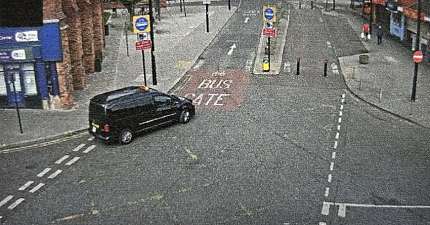
Anna Brunskill, 49, received 11 penalty notices, nine of which arrived on the same day, despite having no connection to the vehicle or its driver.

- POLICE URGE WREXHAM PUBLIC TO USE LICENSED TAXIS AFTER "UNAUTHORISED" VEHICLE REPORT
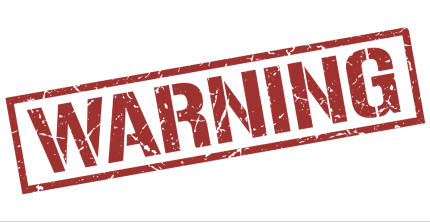
North Wales Police have issued a stark warning to the public in Wrexham, advising them to exercise caution when choosing taxis after a report of an "unauthorised taxi" operating in the city.

- MANCHESTER'S MANTAX BLACK CABS REBRAND AS COMCAB MANCHESTER JOINING NATIONAL NETWORK
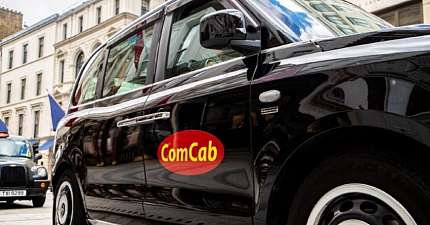
The largest hackney carriage fleet in Manchester, will continue to provide a safe and reliable service across the city, provided by drivers with unrivalled regional knowledge.

- FREENOW APP LAUNCHES IN COVENTRY A QUICK AND EASY WAY TO BOOK A TAXI

In partnership with Lewis Taxis, a trusted local company serving the area for 50 years, FREENOW is now offering a quick and easy way for locals and visitors to book taxis in the city.

- GRANGEMOUTH'S KERSE CABS HONOURED WITH JIMMY AWARD FOR COMMUNITY SPIRIT
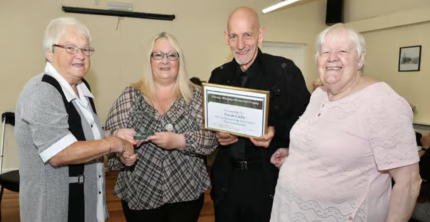
Kerse Cabs earned the accolade for consistently going "the extra mile" for local residents.

- DENBIGHSHIRE COUNCIL FACES LEGAL RISK AFTER RELAXING TAXI AGE RULES FOR WAVS
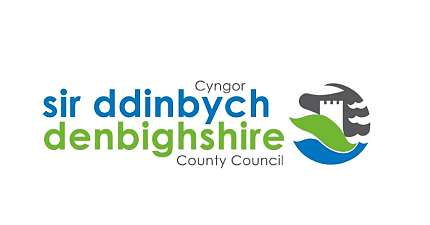
The decision, made at a committee meeting on June 3, followed a consultation with around 300 hackney carriage drivers and private hire vehicle licence holders.

- PETERBOROUGH COUNCILLOR PUSHES FOR MANDATORY UK WIDE TAXI CCTV AMID SAFETY DEBATE
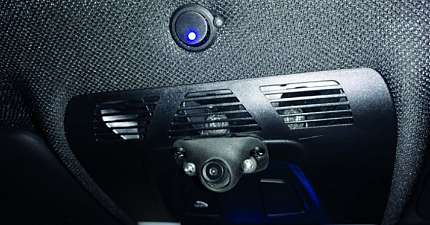
Cllr Daisy Blakemore-Creedon, 19, believes such a measure would boost public confidence, particularly for those travelling late at night.

- TAXI BOSS SLAMS MISGUIDED BLAME IN GLASGOW NIGHTLIFE DECLINE ROW
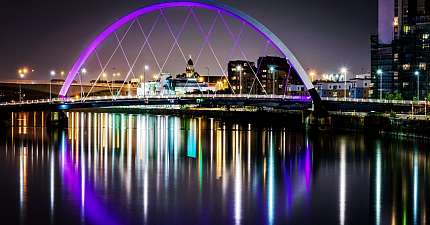
Glasgow's premier taxi operator has strongly refuted claims that a lack of available cabs is crippling the city's night-time economy, instead pointing to wider issues and behavioural shifts as the real culprits.

- INVESTIGATION INTO UNPAID SWINDON TAXI FARE CONTINUES
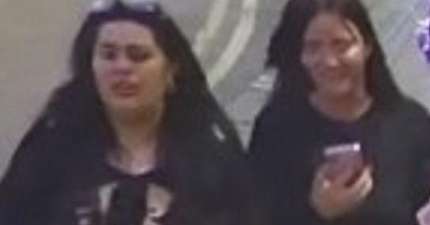
Police have released an image of two women they would like to speak to regarding an ongoing investigation.

- TRAFFORD CENTRE STING MEANS UNINSURED PH DRIVER TO PAY OVER £1,200 FOR ILLEGAL PLYING
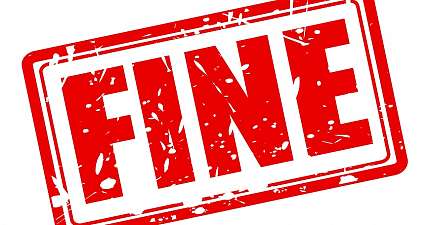
Anees Arif, 52, of Lees, Oldham, pleaded guilty to multiple offences, including illegally waiting in a hackney carriage rank and accepting an uninsured fare.

- 120 BURY DRIVERS FACE IMMEDIATE SUSPENSION OVER UNCHECKED CRIMINAL RECORDS
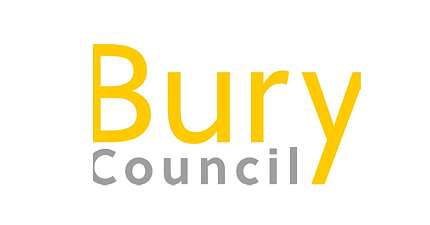
This drastic measure comes after numerous attempts by the local authority to get drivers to agree to register for the Disclosure and Barring Service (DBS) update service.


